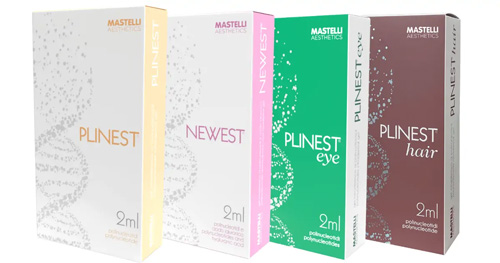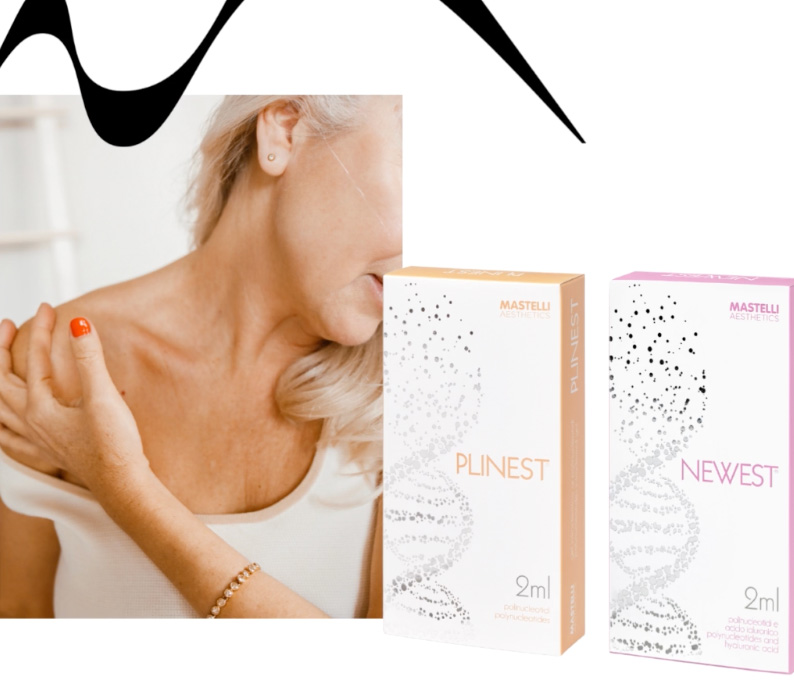Polynucleotides are an innovative regenerative concept, promoting skin cell turnover which helps to improve skin elasticity, hydration, and overall appearance.
DNA and RNA are two examples of polynucleotides. The polynucleotides used in cosmetic medicine to remodel the skin are made up of highly purified fragments of DNA extracted from wild salmon or trout sperm. The trout used are the same as used for food. Salmon and trout sperm DNA closely resembles human DNA. Polynucleotide treatment can be a highly effective way of achieving a nourished, revitalised and healthy complexion.

What can polynucleotides treat?
Treatments involving polynucleotides are not just for the face. They can also be used on hands, neck, chest, arms, knees, basically any skin, anywhere on the body. Polynucleotides can help to treat many skin conditions, including:
Frequently Asked Questions


